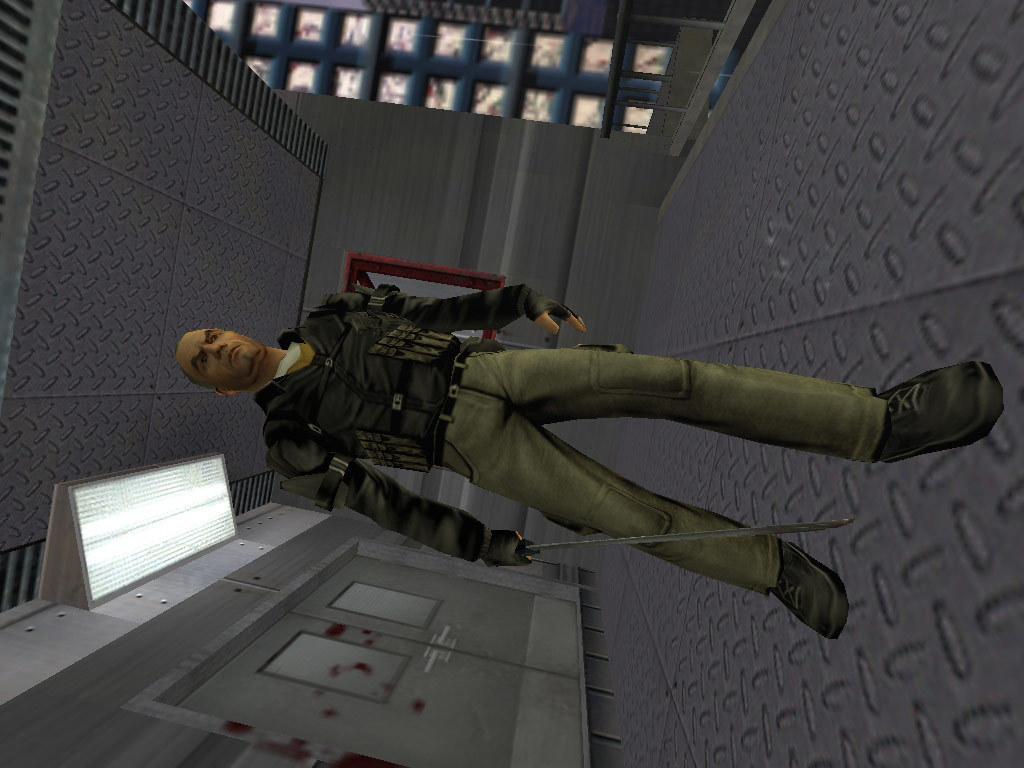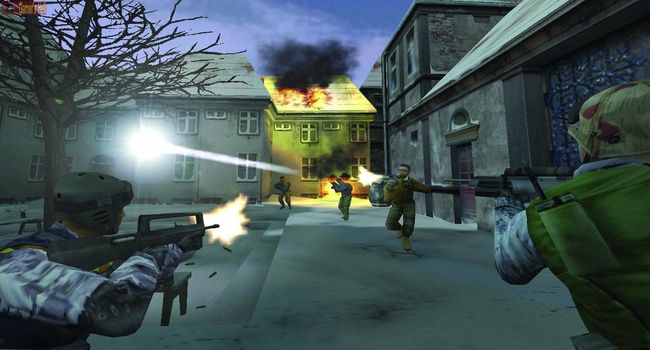
Teams & ConditionsĬondition Zero's roots in the multiplayer community mean that some of you will need a quick refresher. It's a bit of a cop-out compared to what we were promised, but it's a darn sight better than what you would have wound up playing, believe you me. What Turtle Rock has delivered is actually just plain old multiplayer Counter-Strike with bots, and a few faintly incongruous objectives that force you to do more than just pick your way through with your favourite weapons and tactics. Valve, Gearbox and Ritual's mistake seems to have been trying to make Counter-Strike into something it isn't.

And while handing the project to young and little known Turtle Rock Studios might have seemed like a sign of desperation, the result is actually a game with new legs and ideas.

With middling scores and harsh conclusions in the can, Condition Zero looked set to limp into the wider world without much fanfare, and succeed only in giving the Half-Life-was-a-fluke crowd a slogan to replace "Whatever happened to Team Fortress 2?"īut, all credit to Valve, the Seattle-based first-person shooter developer knew Condition Zero wasn't up to scratch and hauled it back into development. It also suffered thanks to pre-release review versions that felt like cheap knock-off copies, seemingly designed with no first hand knowledge of what made the original such an epoch-defining multiplayer experience in the first place.

It was always going to be a difficult project to get right - a single-player adventure infused with the spirit of the world's most popular online game - but over the course of its creation the game has fallen victim to countless delays and reshuffles that saw the project tossed around no less than four different developers. Condition Zero has long been a millstone around Valve's neck.


 0 kommentar(er)
0 kommentar(er)
